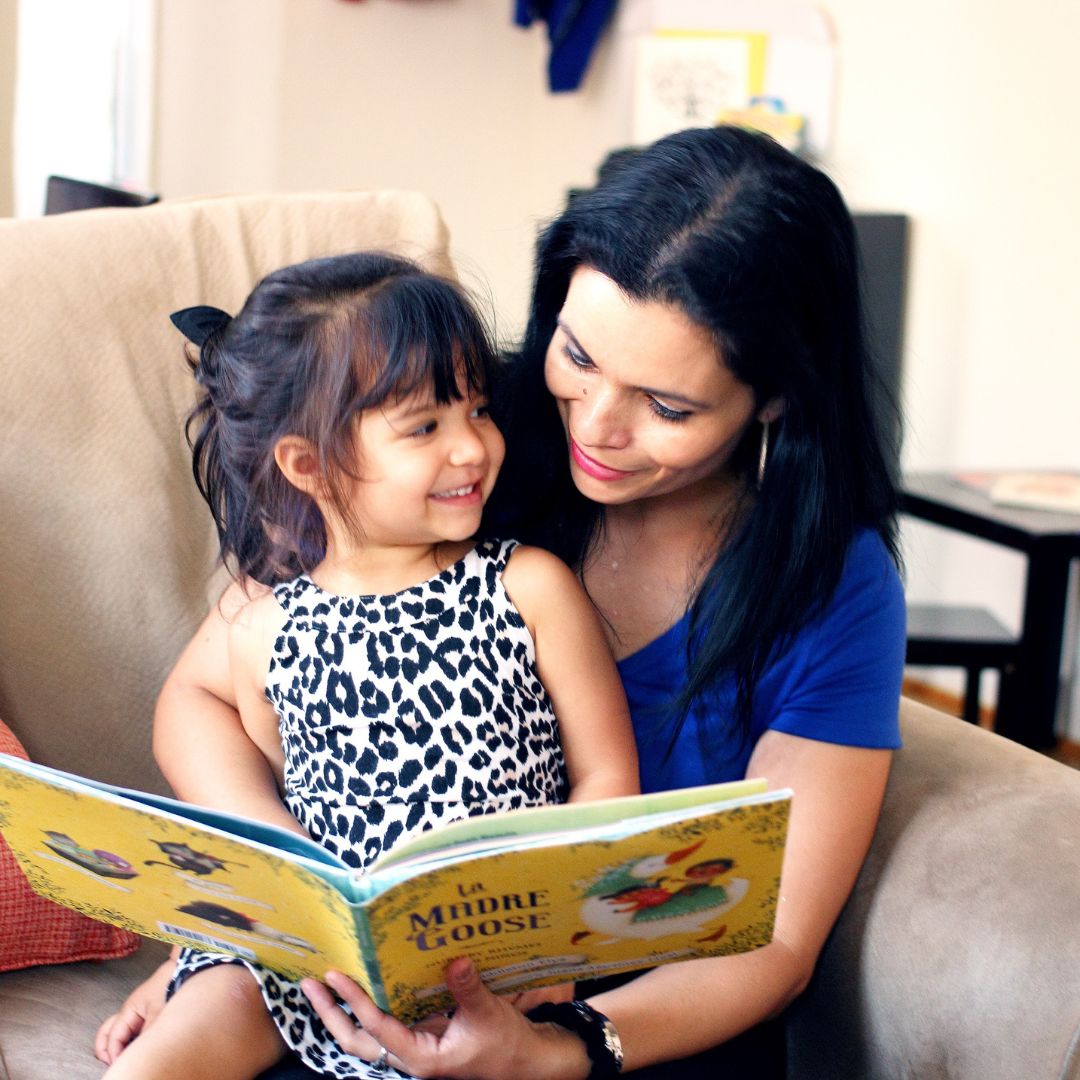
As a mom to a 3 year old, I can say that we've had tantrums, meltdowns, and full blowouts over somethings as little as not having an apple juice at night or as big as an ear infection, which I had no idea about. I reached out to my sister, 20 year experienced preschool teacher, Dasy Perez, about reasons why young children act up and how we can help. I've also included some resources that can help. Here's what Dasy had to say.
This may be why your child is Acting Up
Mi Legasi: Hi Dasy, thank you for joining us once again. Today I wanted to talk about a child's behavior because it's such a huge subject that as parents we have to deal with on a daily basis. With your experience what are some reasons why young children act up?
Dasy: There are many reasons, sometimes it's a simple thing other times it's a combination of things. I'll share with you some signs that you can look out for.
Your child is tired.
Dasy: A child may act up if they didn't get enough sleep, they are having sleep issues, they didn't nap, they woke up early, they went to sleep late, they didn't have a good night's rest, or they are overtired. If a parent sees that a child is getting tired or restless before they reach the breaking point, the child should rest. A rest doesn't mean 2 hours, it can be an hour or as little as 30 minutes for the older kids. Make sure to tell the caregiver or teacher if the child didn't sleep well or if they slept through the day.
Your child is hungry.
Dasy: A child may act up if they did not have a proper breakfast to begin their day, have enough snacks or other meals throughout the day. If your child is not eating enough it could be a sign that they are not feeling well or sick or it's a stage and if they seem to eat more it could be that they are going through a growth spurt stage as well.

Your child is sick.
Dasy: A child acting up can also mean that they are sick. Maybe something is hurting and they don't know how to express themselves. They may also not be eating. Unusual tantrums out of no where can be signs that your child is sick. Sometimes illnesses and viruses like ear infections may not present common symptoms like fevers. Be observant in changes in your child's behavior.
Mi Legasi: I can attest to this as my daughter Victoria was having huge tantrums and aggression and she turned out to be sick. Read more about this incident here.

Your child cannot communicate.
Dasy: For younger children, if they are just learning to speak and they cannot communicate their needs, they get frustrated and often times will act. Some signs are crying, kicking, screaming, biting, tantrums, and pointing. If they point to something, give them the word, talk to them, and try to figure out what they want.

Your child may be acting up because there is change.
Dasy: Any change in their lives can be a cause for a child to act up. For example, a new baby on the way, a parent traveling, a new home, a new school, even a family vacation. To help children better cope with change parents can talk about the situation, their experience, and talk about feelings with their children. Say things like, "I understand that you're upset that you're in a new school, you're going to make new friends, learn new things, and it will be ok."
Mi Legasi: Change is a big one in our household. As my husband travels a lot, it can bring disruption into our lives. I have tips on how I help my daughter deal with change that you can read more about here.

Your child wants one on one attention.
Dasy: Sometimes children act up because they need one on one attention from a parent, a sibling, or a caretaker. This is common if there is a new baby, if the parents travels, or if they are jealous. If the child has a new sibling, make sure to spend one on one time with the child away from the baby, once a parent comes back from traveling to spend time with the child, and if they're jealous, acknowledge feelings and spend time with the child.
Your child is testing limits.
Dasy: Children will sometimes act out if they are testing their limits as far as what they can and cannot do and often will negotiate to get their way. Setting proper rules and discipline will ensure that children understand boundaries. Discipline doesn't necessarily mean physical but it is guiding them and being firm and consistent with what you say to them. Say what you mean and follow through. Not following through may be the easy thing to do but it sends the child the wrong message. They lash out when you are not consistent and do not mean what you say.
Mi Legasi: A great book that I have listened to on a nurturing way to discipline your child is No Drama Disciple The Whole Brain Way to Calm the Chaos and Nurture Your Child's Developing Mind. It goes against many of the ways we were raised with Hispanic parents, but it brings to light a more effective approach than "un chancletazo"(a slipper spanking). It goes into an in depth look at why children lash out and touches on the many same things you are sharing with us. I highly recommend it. Get the audio book like I did if reading time is limited.
Your child needs to see a specialist.
Dasy: Children sometimes act our if there is a physical or health issue involved that limits them from getting things done or gives them anxiety, are depressed, are impulsive or struggle to follow directions. When this occurs seek a professional evaluation.

Final Thoughts
Mi Legasi: Thank you Dasy for sharing these and giving us insight on why our children may throw tantrums, show aggression, or act up. Some may seem obvious like being tired or hungry, but others are less like an approaching change.
Dasy: You're very welcome. I hope this gives parents a closer look at children's behavior, most likely there is a reason and explanation behind their actions.
Mi Legasi: Like the blog post? Receive our weekly post in your inbox and never miss a post. Join the list below on mobile or right on desktop.
Mil Gracias!



















Leave a comment (all fields required)